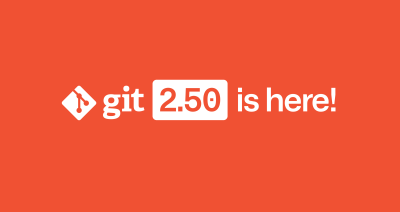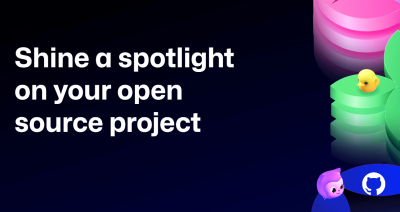As the world becomes more interconnected and complicated, so too does the expanse of open source ecosystems. While the majority of open source software (OSS) lies with corporate technology companies, in the last year, the Tech for Social Good program at GitHub has highlighted many unique opportunities, barriers and challenges that face open source in the social sector.
In GitHub’s last State of the Octoverse, we highlighted one difference. Most OSS tends to be what we call “infrastructure” tech-scripts to make servers run faster, code that contributes to systems architecture, APIs, and the like. In the social sector, however, OSS still heavily leans to applications with graphic user interfaces (GUIs). Many of these applications fill use cases seen in the social sector that private tech companies tend not to address. One such example is the social sector organization, Dimagi, which builds, maintains and helps governments and organizations deploy its CommCare app. In a panel we hosted last May for GitHub Satellite, Dimagi’s CTO, Clayton Sims, described how more than 7% of the world’s population is registered in and receives services in a CommCare application, including COVID-19 contact tracing app deployments that are using CommCare.
One interesting trend that has emerged from mature social sector tech companies, like Dimagi, is that they are now contributing back to broader “infrastructure” open source globally. Simon Kelly, a software engineer at Dimagi, described a few of the contributions their team has made recently, including an Ansible ‘monit’ module rewrite. In fact, Simon is now the official maintainer of this module. Dimagi has also contributed to an Ansible ‘postgresql_ext’ bug fix and an improvement to CitusDB’s upgrade procedure.
Dimagi notes that one reason these contributions have come about is because of the unique challenges they face in the industry. The social sector most often prioritizes their services and products around the greatest social good need, not necessarily the best business opportunity. Because of the regulatory requirements of some of Dimagi’s clients, such as government policies that require data to be stored “in-country”, Dimagi has made its platform available in both on-prem as well as “cloud”-like environments. Some of these environments are managed by Dimagi and others are managed by third party organizations using tooling that Dimagi has built. These challenges have required Dimagi to adopt a large range of open source solutions, and specifically for the cases above, has put them in a unique position to contribute back to OSS.
While we don’t expect the social sector to pivot away entirely from applications that have a GUI, we’re excited at the prospect of social sector solutions finding their way into more mainstream tech. Stay tuned for more insights and trends from this unique space!



